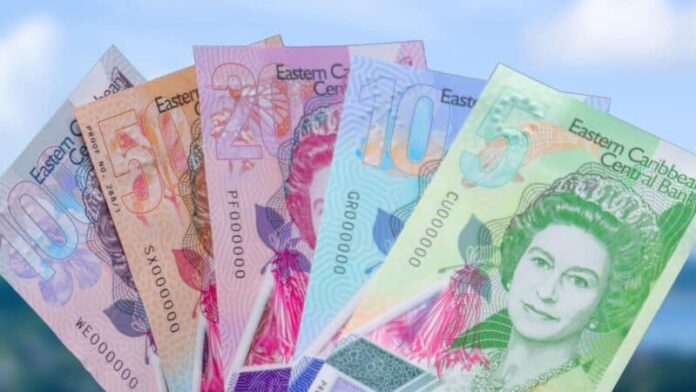Antigua and Barbuda’s Finance Minister is calling on international financial institutions and donor countries to provide future funding in domestic currency to help Small Island Developing States (SIDS) avoid massive losses caused by currency risk.
Speaking in a video statement, the Minister explained that SIDS have lost an estimated US $10 billion over recent decades due to borrowing in foreign currencies, which exposes countries to volatility and depreciation.
“What we found, having done some research, is that SIDS during the last few decades have actually lost about 10 billion US dollars combined from currency risk,” he said. “When they lend you in different currencies outside of your domestic currency and there’s any depreciation, it increases the cost of borrowings.”
He pointed to Antigua and Barbuda’s past experience borrowing in Italian lira—before the introduction of the euro—as a cautionary example. The appreciation of the lira significantly increased the country’s debt burden, with the total ballooning to nearly half a billion dollars due to currency fluctuations.
To avoid similar situations in the future, the Minister urged lenders to either issue funding in local currency or offer reasonably priced hedging instruments. However, he noted that existing hedge mechanisms are often too costly and counterproductive.
He also advocated for more concessional lending terms, including long maturity periods of 25 to 30 years and interest rates closer to 1% or 2%, similar to those offered to lower-income countries.
“In the case of Antigua and Barbuda, if we were to borrow from the World Bank, for example, we’d be borrowing over a 10-year period at about 4%, which is still relatively expensive,” he said. “We’re being penalised for our success, simply because of our high per capita income.”
The Minister highlighted the broader issue of climate justice, arguing that wealth indicators should not disqualify climate-vulnerable nations like Antigua and Barbuda from access to affordable financing when natural disasters strike.
“There must be some window to assist us, rather than telling us that we’re too wealthy,” he said.
The statement adds to the country’s ongoing call for fairer and more responsive international financial systems that recognise the specific vulnerabilities of SIDS in a changing climate.


